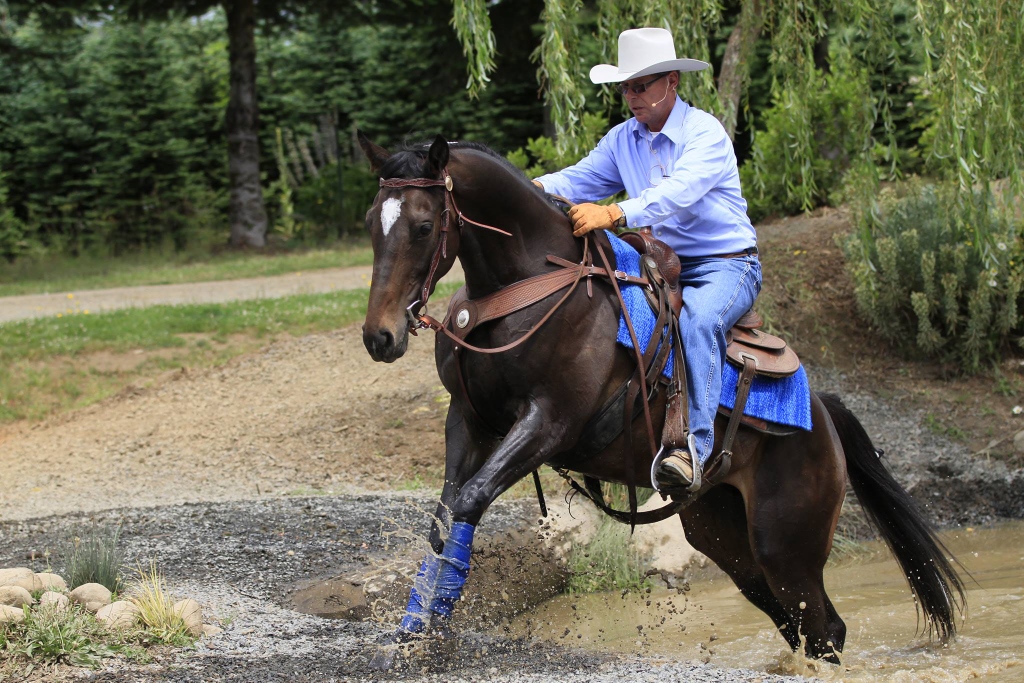When it comes to horse desensitizing to noise, it is crucial for every horse owner and enthusiast to understand the process. Horses, by nature, are flight animals. This means that unexpected noises can easily startle them, causing a range of reactions from mild anxiety to full-blown panic. Desensitizing your horse to various sounds is an essential part of their training and well-being.

Why is Noise Desensitization Important?
Noise desensitization is not just about making your horse comfortable; its about ensuring their safety and the safety of those around them. A horse that is not used to sudden sounds can pose a danger in certain situations. Understanding how to desensitize them effectively can prevent potential accidents.
Understanding Horse’s Natural Instincts
Horses are naturally wired to react to unfamiliar sounds as a potential threat. This is a survival instinct that has been ingrained in them for centuries. Understanding this can help you approach noise desensitizing with empathy and patience.
Common Noises Horses React To
Some common noises that horses react to include loud machinery, sudden bangs, and even certain animal sounds. Identifying these sounds can help you create a targeted desensitization plan.
Creating a Desensitization Plan
Before you begin, its important to create a structured desensitization plan. This involves identifying the noises you want to desensitize your horse to and setting a schedule for gradual exposure.
Gradual Exposure Techniques
Gradual exposure is key. Start with low-level sounds and slowly increase the intensity as your horse becomes more comfortable. This slow progression helps prevent overwhelming your horse.
Using Positive Reinforcement
Positive reinforcement is an effective method in horse training. Reward your horse with treats or praise when they react calmly to noises. This helps them associate sounds with positive experiences.
Tools and Equipment for Noise Desensitizing
There are several tools available that can aid in the desensitizing process. These include audio recordings of common noises, earplugs to reduce sound intensity, and calming supplements.
The Role of Professional Trainers
In some cases, working with a professional trainer can be beneficial. Trainers have experience in noise desensitization and can offer valuable insights and techniques.
Monitoring Progress
Keeping track of your horses progress is important. Note any changes in their behavior and adjust your plan accordingly. Progress may be slow, but consistency is key.
Challenges You May Face
Desensitizing a horse to noise is not without its challenges. You may face setbacks along the way, and some horses may be more sensitive than others. Its important to remain patient and persistent.
Dealing with Setbacks
If your horse shows signs of distress, it is crucial to take a step back. Re-evaluate your approach and consider seeking professional advice if necessary.
Success Stories
Many horse owners have successfully desensitized their horses to noise. These success stories often involve a combination of patience, positive reinforcement, and gradual exposure.
Conclusion
In conclusion, horse desensitizing to noise is a vital part of ensuring your horses safety and well-being. By understanding their natural instincts and using effective techniques, you can help your horse become more comfortable with various sounds.

FAQ
How long does noise desensitizing take?
It depends on the horse’s personality and prior experiences. Consistent training usually shows results within a few weeks.
Can I desensitize my horse on my own?
Yes, with patience and the right techniques, you can desensitize your horse without professional help. However, seeking advice from a trainer can be beneficial.
What if my horse shows fear during training?
Take a step back and reassess your approach. Consider reducing the noise intensity and providing positive reinforcement.
Horse Tack Training is a great resource for more information on related topics. For more tips and guidance, check out this external guide to horse training.
This article contains affiliate links. We may earn a commission at no extra cost to you.








